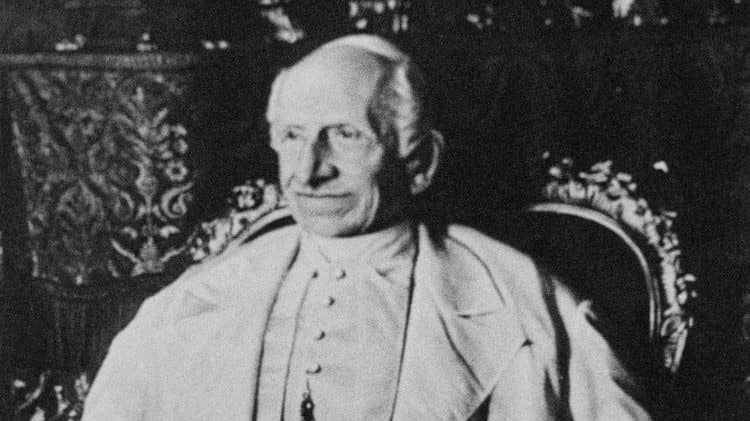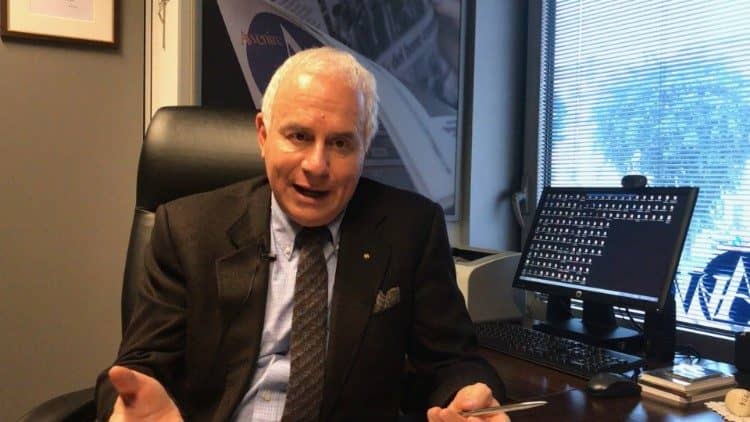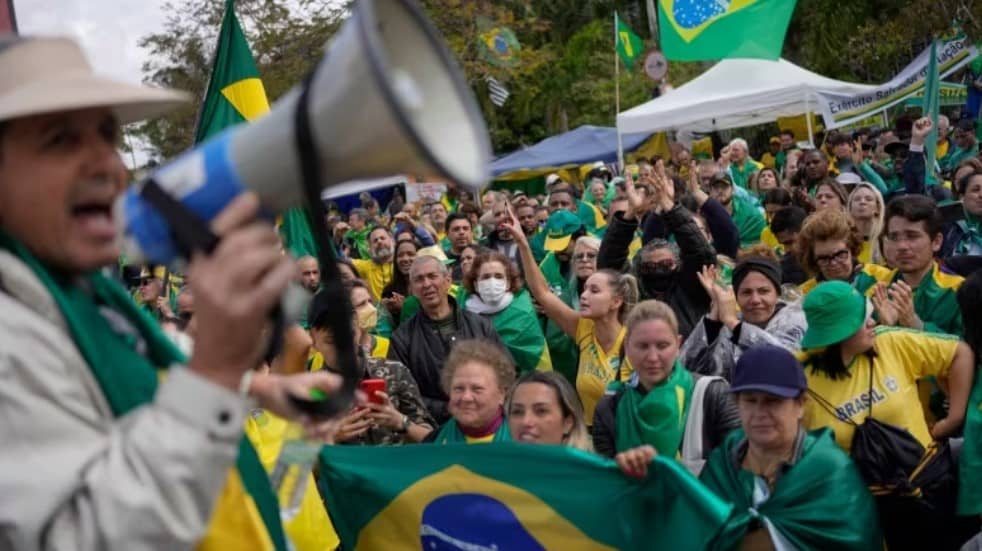To outsiders, devotion to the Blessed Virgin Mary may seem among the most harmless and quaint aspects of Catholic teaching, far from the political and cultural battles associated with Church positions on, say, abortion, or same-sex marriage, or immigration, or climate change, or any number of other hot-button topics.
Insiders know better. Sure, the vast majority of Catholics may see Mary simply as a source of comfort and compassion in times of both joy and hardship, but that’s not the whole story.
Over the centuries, it’s also the case that no figure in Catholic life has inspired a more motley galaxy of populists, insurrectionists, anti-establishment firebrands and cultural warriors than the Blessed Virgin Mary. She’s the defining Catholic devotion, and one which stubbornly resists all attempts by officialdom at control.
From anti-Communist hawks during the Cold War to left-wing liberationists in Latin America in the 1970s and 80s, to today’s brand of populist-nationalist apostles of “rage against the machine,” all have found refuge in the arms in the Blessed Mother – often enough, citing her maternal protection against Church authorities too.
The point comes to mind in light of the latest chapter in the odd religious journey of Matteo Salvini, leader of Italy’s far-right, anti-immigrant Lega party, which, according to the most recent polls, still narrowly enjoys first place among the country’s various political factions in public support.
Though historically the Lega, once known as the “Northern League,” was anti-Roman and hence anti-clerical, Salvini has emerged as more of a cultural conservative seeking support among Italy’s version of what Americans would call the “religious right”. In Italy’s case, that means traditionalist and staunchly conservative Catholics, for whom Catholicism and national identity are tightly connected, many of whom take certain Marian devotions – Fatima, for instance, and Medjugorje – as far more authoritative than the Italian bishops’ conference or the papacy.
In a soundbite, Salvini’s Catholic appeal is to the anti-Pope Francis crowd.
Salvini visited Fatima last week, and when he returned, he presented the leaders of Italy’s various center-right parties with rosaries he acquired there. At the end of his visit, Salvini put out some thoughts on social media.
He let it be known that he lit three candles at the Fatima shrine, two for his son Federico and his daughter Mirta (born out of wedlock in 2012), and one for the Italian people, saying he intended to consecrate Italy and the Italians to the Immaculate Heart of Mary.
Salvini made the visit to Fatima in the company of André Ventura, founder of the Portuguese nationalist Chega party, and speaking to a party convention Salvini wielded spicier rhetoric.
“Europe is Christian, Portugal is Christian, Italy is Christian, and there will never be room for Islamic integralism, for Islamic fanaticism, for Islamic extremism: No in Portugal, no in Italy, no in Europe,” he said, to raucous applause from the roughly 400 party faithful gathered to hear him.
In recent years, Salvini has made the political use of Marian symbols a sort of personal specialty. At political rallies he often brandishes a Bible, and he’s also known for fidgeting his rosary (from Medjugorje, by the way) during press conferences and parliamentary hearings. Three years ago, a popular Catholic magazine here ran a cover story about Salvini and his invocations of traditional Catholic devotions under the headline Vade Retro – a Latin phrase from the ritual of exorcism, “Get behind me, Satan!”
During a 2019 session of parliament, Conte rebuked Salvini on this very point, calling such behavior “reckless” because it both offends believers and obscures the distinction between church and state.
Just as Johnson refuted Berkeley by kicking a stone, Salvini responded to Conte by kissing his rosary.
Salvini’s latest crusade is against the Italian justice system, which he sees as excessively partisan and used to settle political grudges. In a classic “only in Italy” maneuver, he recently joined forces with the Radical Party to collect signatures demanding national referenda on six different proposed reforms, including prohibiting former public ministers from serving as judges and vice-versa, limits to pre-trial detention and abolition of a law barring people with criminal convictions from holding public office.
(That last point is important since Salvini himself is set to stand trial in September or refusing to let a Spanish migrant rescue ship dock in an Italian port in August 2019 while he served as the country’s minister of the interior. Prosecutors have charged him with dereliction of duty and kidnapping. During the ordeal, some desperate migrants threw themselves overboard as the captain pleaded for a safe, close port. If Salvini’s convicted, current law would mean he’d be ineligible to run for anything.)
On Thursday, Salvini and the radicals dropped off their signatures with Italy’s constitutional court, which will determine if they’ve met the requirements to hold a referendum.
The fact that he’s acting in tandem with a party dedicated to the expulsion of religion from public life, one which has an explicitly anti-clerical and anti-papal history and which would banish all those Marian symbols Salvini is so fond of displaying, is just one of the delicious ironies in which Italian life abounds.
In fact, perhaps Salvini is the latest proof of Mary’s enduring counter-cultural appeal – that such an ardent devotee of Fatima and Medjugorje finds it easier to make common cause with atheists, free thinkers and hardline secularists than with the official guardians of Marian orthodoxy among the bishops or the papacy.
Follow John Allen on Twitter: @JohnLAllenJr

















